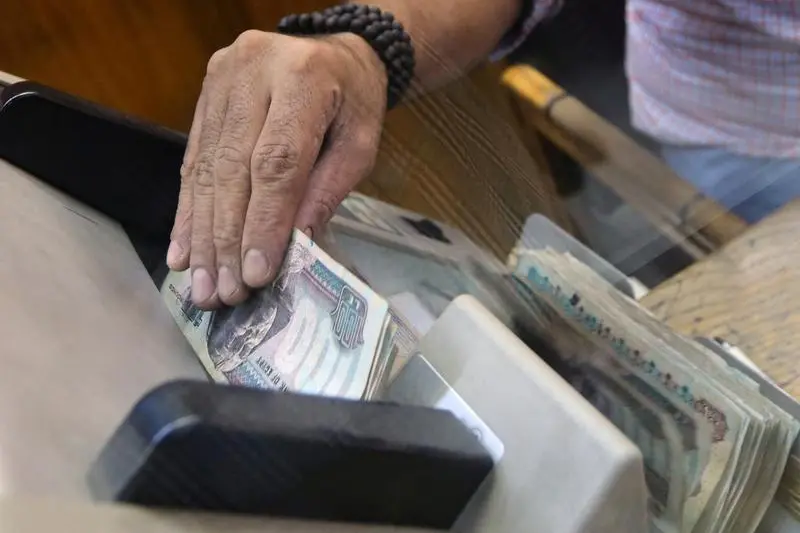PHOTO
Egypt's headline inflation rate eased slightly in September, 31.6 per cent from 31.9 per cent in August, falling for two consecutive months for the first time since early 2016, according to figures from the Central Agency for Public Mobilisation and Statistics (CAPMAS).
In August, inflation slowed to 31.9 per cent from a 30-year high of 33 per cent in July.
The surge in inflation comes on the back of the floatation of the Egyptian pound in late 2016 and cuts in fuel and electricity subsidies as part of the country’s economic reform programme.
The breakdown revealed that the drop in inflation last month was fairly broad-based. Of the 12 main categories, inflation fell or was unchanged in eight of them, research group Capital Economics said in a research note.
Food prices, which account for 40 per cent of the CPI basket, rose by 41.2 per cent, compared with 41.6 per cent in August. Inflation in clothing, transport and communication, and restaurants and hotels also eased last month.
Capital Economics expects inflation to fall more sharply in the final months of this year as the impact of the 50 per cent drop in the pound against the dollar since it was floated in November 2016 will fade.
Also, the effects of subsidy cuts and tax hikes will start to fall out of the annual comparison, the research group said, predicting headline inflation to drop to around 23 per cent by December.
“This will pave the way for the Central Bank of Egypt to start cutting interest rates. We think the first rate cut is likely to come as soon as the Monetary Policy Committee meets on 28 December and have penciled in a 100bp cut, taking the overnight deposit rate to 17.75 per cent,” Capital Economics said in its note.
Looking ahead, the research firm predicts that inflation will fall further, paving the way for substantial monetary easing. “We expect the overnight deposit rate to be lowered to 12.75 per cent by end-2018 and 10.50 per cent by end-2019.”
© Al Ahram Weekly 2017





















